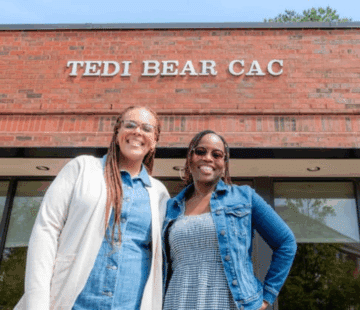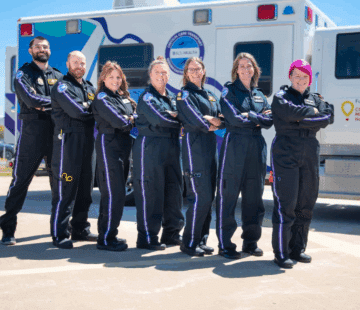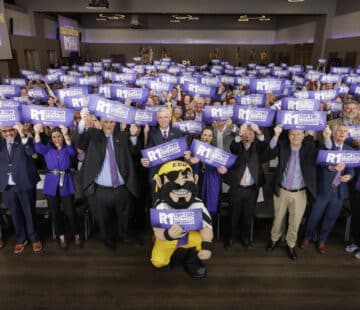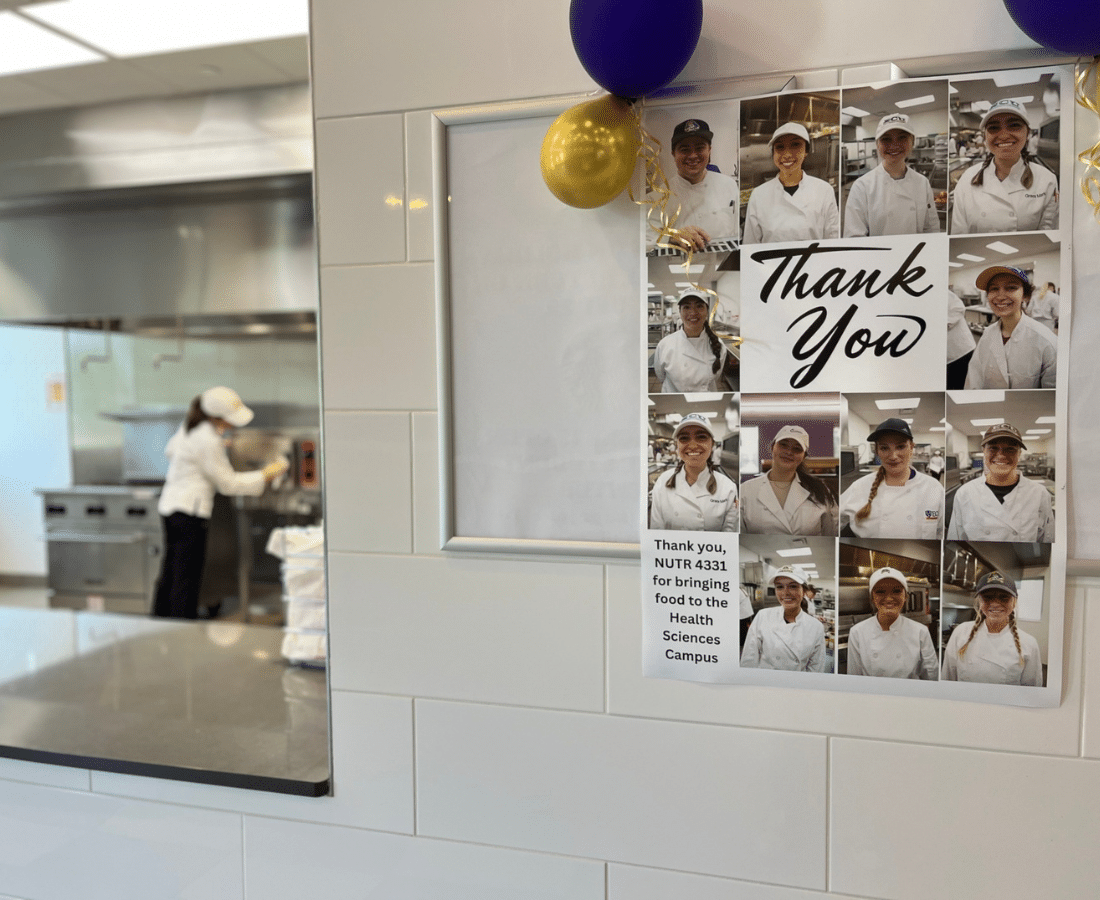In mid-2022 Dr. Swati Surkar, assistant professor of physical therapy at the College of Allied Health Sciences and the study’s director, began researching the applicability of Hand-Arm Bimanual Intensive Training, or HABIT, in children with unilateral cerebral palsy.
The technique involves inducing ischemia, or the restriction of blood flow, to part of a person’s arm and then having the person perform a series of tasks once the blood flow resumes normally. In past studies, HABIT interventions had proven effective in improving coordination, but little research had been conducted to assess its effectiveness in improving and retaining real-world bimanual activities and hand function.
Over the past two years, Surkar and a team of student volunteers from a wide range of majors and research interests have held HABIT camps for children mostly from North Carolina, but from as far away as Florida, New Hampshire and even Mexico.
During the camps, the children were fitted with watch-like monitors that were worn on both wrists and captured an incredible amount of data about how their hands and arms moved —including range of motion and speed — during the intensive therapy. After the ischemia was induced through a blood pressure cuff, the children would stack cups, throw balls or move through obstacle courses that demanded a lot of effort from both arms.
Her research is showing very promising results.
Roxanne Wilder, a clinical assistant professor with the College of Allied Heath’s nutrition science department, said the No Quarter Café is a win-win for both her students and the learning community they are a part of.
Wilder’s students are aspiring to be dietitians, to put their education to use in hospitals, long-term care facilities and other food service operations. In recent years, her students have prepared meals in a way-too-small commercial kitchen in the Rivers Building. In 2023 students pre-packaged meals that were sent to the Health Sciences Campus; more recently main campus customers were served in person.
This spring, Wilder and her students moved to the commercial space in the Health Sciences Student Center — with its spacious kitchen that better resembled facilities they may work in after graduation.





